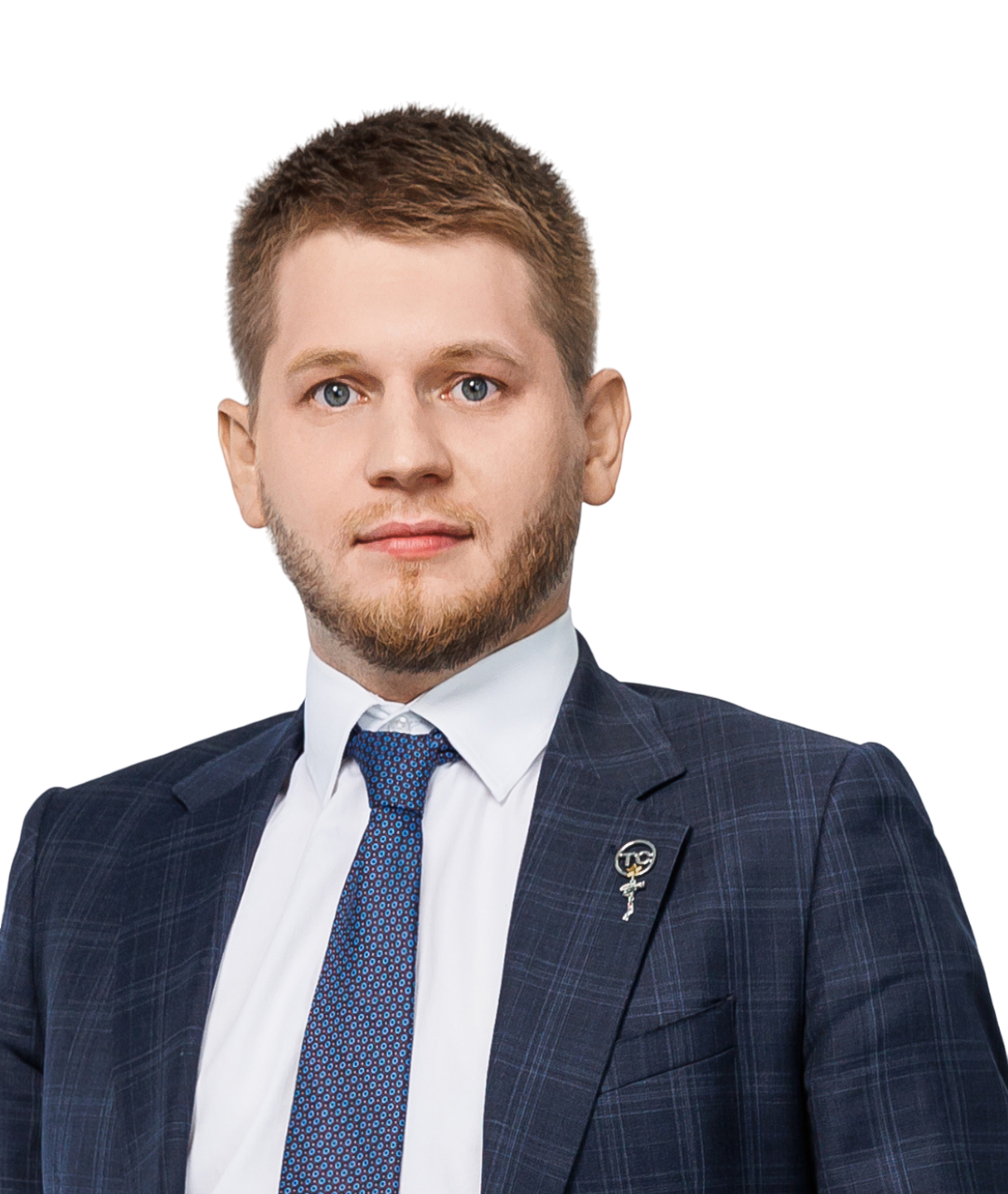Entrepreneurs want to pay as little tax as possible, so they actively use schemes to reduce the number of compulsory payments. The Federal Tax Service is aware of such schemes, so they are easily detected and subsequently additional payments are made.
The Pravo.ru website published an article in which Alexey Stanchin, senior tax consultant at Tax Compliance, told about how the scheme "artificial intermediaries" or otherwise called "paper VAT" works.
The essence of the scheme is that the organization attracts "technical" organizations, concludes contracts with them, and then either reduces the profit tax (because its expenses allegedly increased) or increases the VAT deduction (because the company has a transaction for which it has the right to do so). At the same time, no money is transferred to such a counterparty. In fact, there are no goods, services or money, which is why the scheme is called "paper VAT", explains the Federal Tax Service.
Falco notes: the mere participation of intermediaries in transactions does not confirm that there was an unjustified tax benefit. A characteristic feature of artificial intermediaries is their formal participation in the chain of transactions. At the same time, artificial intermediaries are not always "one-day".
Often, when this scheme is detected, the taxpayer is completely denied VAT deduction and recognition of expenses on transactions with such intermediaries. Moreover, as Falco's experience shows, the inspectorate subsequently denies tax reconstruction as well. This is a method of calculating additional charges, which allows to determine the size of tax liabilities of enterprises taking into account the expenses.
The full text of the article can be found on the website.
Popular
- 06.05.2025
- 30.04.2025
- 24.04.2025
- 23.04.2025
- 21.04.2025


